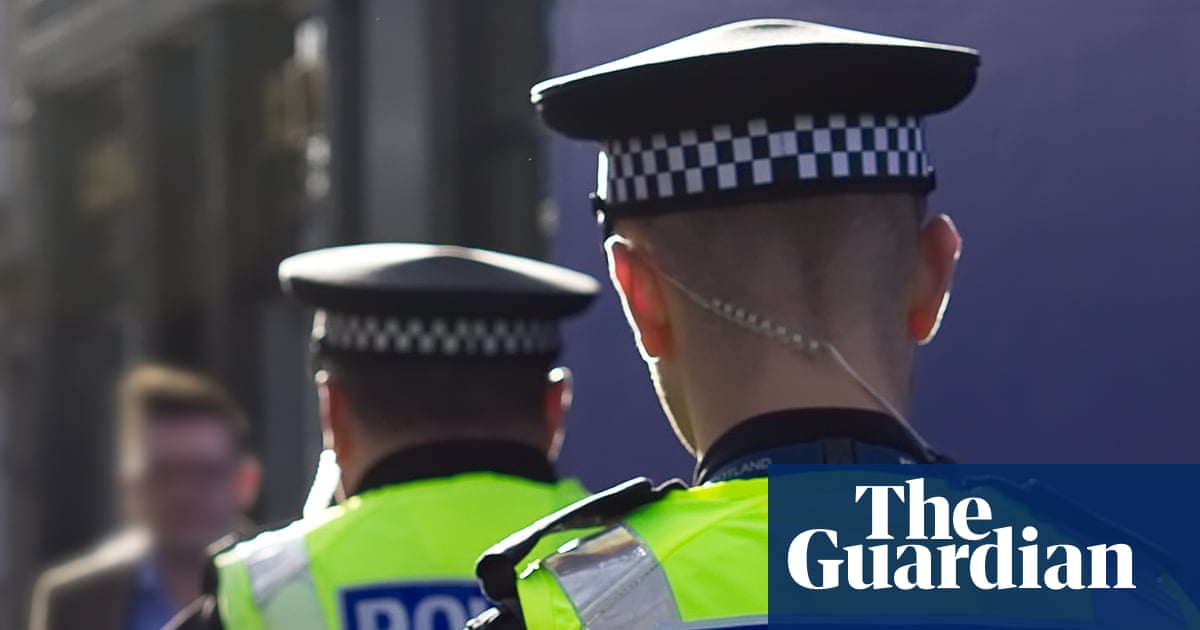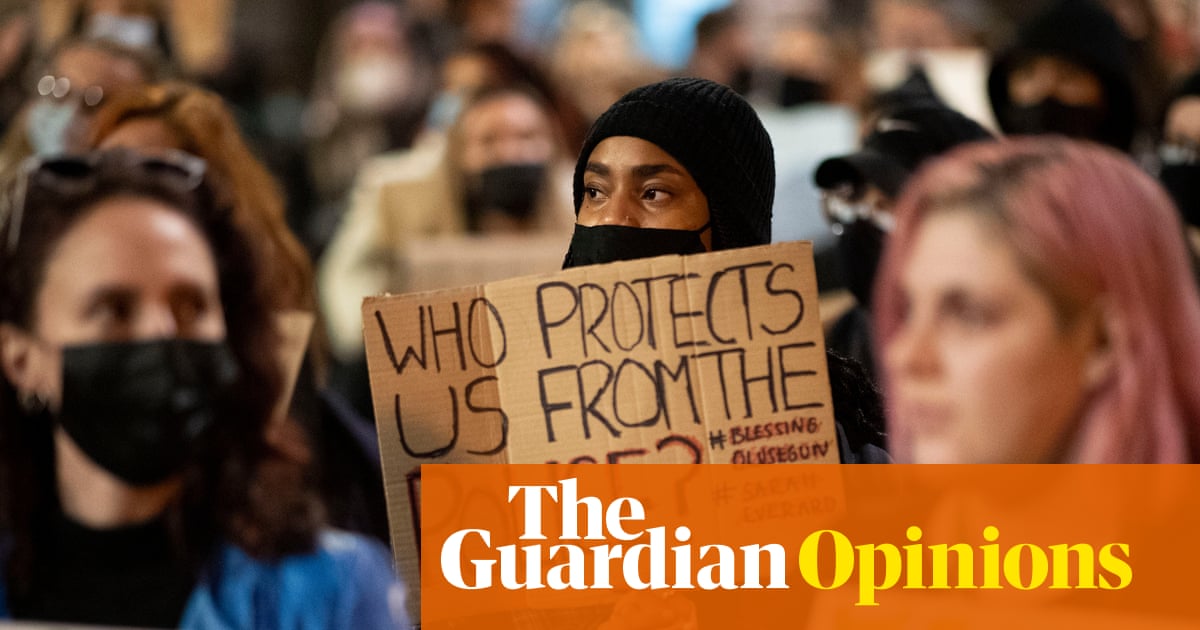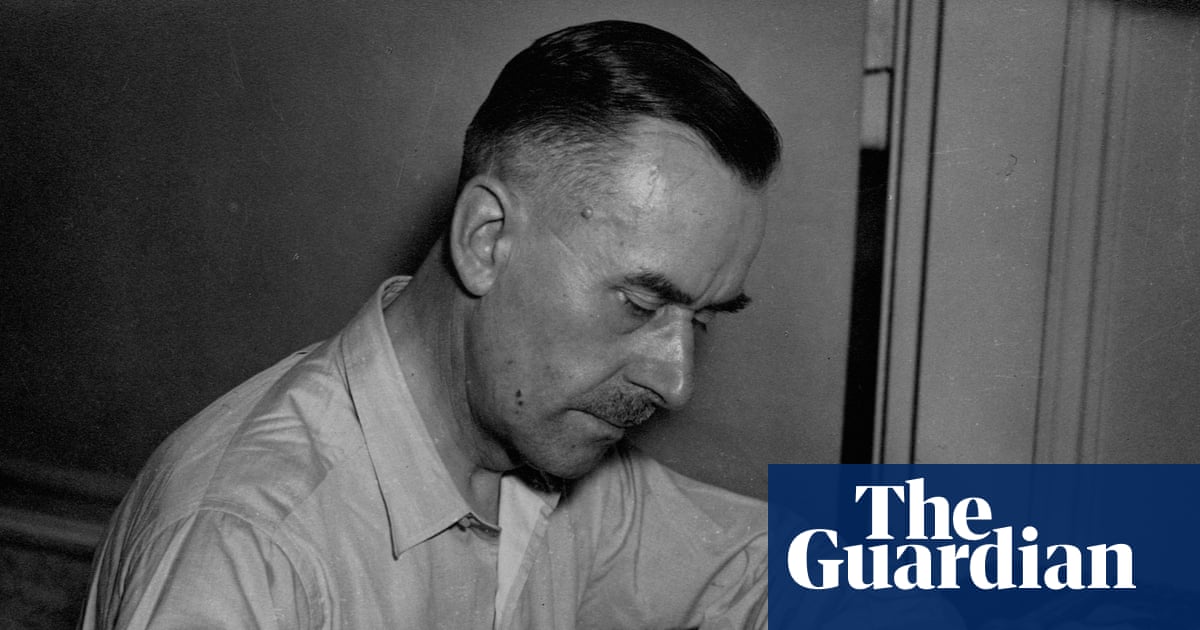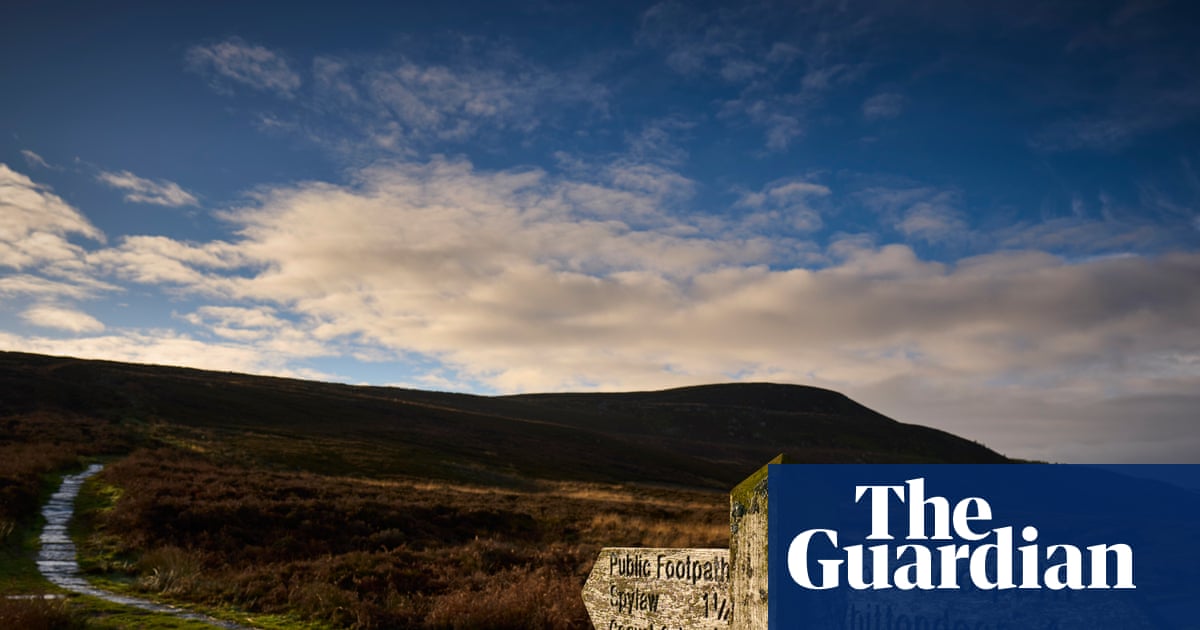A few days ago I asked an American acquaintance – as one does these days – where he sees “it”, by which I meant the political situation, heading. He took a breath. “In my opinion, the US is in a very similar position to Germany in 1933-4,” he said. “And we have to ask, could 1936, 1937, 1938 have been avoided? That’s the point we are at. You can try to say fascism couldn’t happen in the US. But I think the jury’s out.”
His words seemed especially resonant to me because I had just finished reading a remarkable novel precisely to do with Germany in 1933-4, a book written in the former year and published in the latter. Forgotten for decades, Sally Carson’s Bavaria-set Crooked Cross was republished in April by Persephone Books, which specialises in reviving neglected works. Since then, it has been a surprise hit, a word-of-mouth jaw-dropper, passed from hand to hand.
Crooked Cross begins in December 1932, and ends at midsummer the following year. The setting is the little, fictional Bavarian town of Kranach, a picture-postcard place in the foothills of the Alps. Its focus is the Kluger family – a modest, middle-class clan of kindly, loving parents and three grown-up children, Helmy, Lexa and Erich – who are gathering to celebrate Christmas with their cousins and Lexa’s fiance, Moritz. Everything is warm and delightful and full of promise: the tree with its glass baubles and candles, the tissue-wrapped presents, the carols, the roasted goose. Everything is gorgeously decorated, “even” – one reads with a shudder that is deepened by a 21st-century knowledge of where “it” was all headed – “Helmy’s picture of Hitler which stood on the piano”.
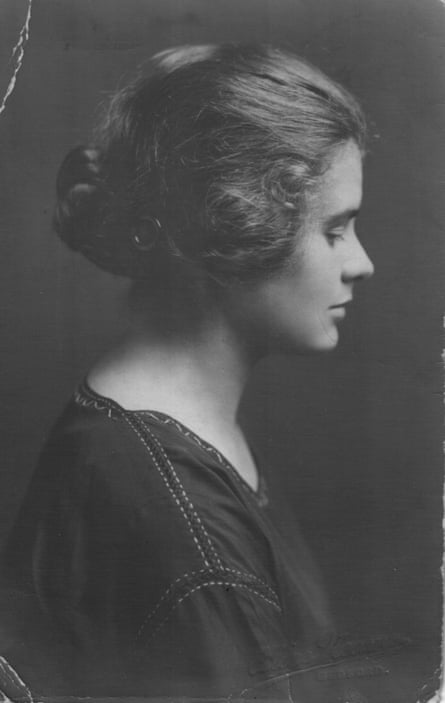
Carson wrote two sequels to Crooked Cross. The entire trilogy was published by 1938. Then, in 1941, not yet 40, she died of cancer. Nicola Beauman, the founder of Persephone Books, happened upon mention of Carson’s work some years ago, in an academic book on female writers of the late 19th and early 20th centuries. Crooked Cross was well reviewed in 1934, but made no great waves and soon sank without trace (though the Manchester Guardian’s founding women’s page editor, the great journalist Madeline Linford, chose it as a book of the year). My personal theory is that it was ahead of the curve, sounding its alarms about the direction Germany was going in before a British public was ready to hear it. It took some detective work by Persephone Books to discover who Carson actually was: born in Surrey in 1902 and raised by her widowed mother in Dorset, she worked as a publisher’s reader. She spent many holidays with friends in Bavaria, hence her deep knowledge of the region.
One of the remarkable things about this book is its immediacy. It was written in the moment, and published quickly. The six-month period that it covers was one of momentous political change: Hitler became chancellor, the Nazis gained an effective majority in the Reichstag, Dachau was opened, and Jews were barred from public-service jobs. At the start of the novel, the characters greet each other with a cheery Grüss Gott; by the end, Herr Kluger is heil Hitler-ing acquaintances in the street and the local church bells have been altered so that they chime with the notes of the Nazi anthem, the Horst Wessel song. Also by the end of this short six months, the loving, close circle of the Kluger family has fallen apart. The attentive reader will have noted, even within the first few pages, for example, that Lexa’s fiance Moritz Weissman, a good Roman Catholic emerging from Christmas mass, also happens to have a Jewish surname.
Reading this novel, armed with the hindsight that Carson herself lacked, is a remarkable experience, at times painful. For us in 2025, everything she describes is rushing towards one inexorable conclusion: the war, the Holocaust. For her, these were nightmares yet undreamed of (although there is a grim passage in which the senior Klugers ask one of their Nazi-seduced sons: “Do you want another war?”). Though very different novels, its immediacy gives Crooked Cross the sort of urgent edge that reminds me of Ali Smith’s seasonal quartet, the first instalment of which, Autumn, was written and published at speed in the months after the Brexit vote of 2016.
What is so impressive about Carson is, despite the fact she had no idea where Hitlerism would end, the novel has an unshakeable moral core. There is no equivocation. What is being done in Germany to Jews, to communists, is plainly horrific, according to the novel’s worldview. Carson wrote – already in 1933 – of the grim stories emerging from Dachau: “People had a way of suddenly disappearing, no trial, no explanation”; “prisoners were half-starved, bullied, inhumanly treated”.
Not every outsider wrote of Hitler’s Germany like this at the time. A three-part New Yorker profile of Hitler, by Janet Flanner, published in 1936, is a tour de force in its way – full of details of the particular porridge favoured by the Führer, and where he got his suits (“He scrupulously chooses a second-rate tailor”). But, with its detached, ironic tone, with its closeup detail of Hitler’s habits without a long-range view of what he was actually doing to Germany, Flanner also provides a chilling example of a journalist failing to see the wood for the trees.
Crooked Cross gets no closer to Hitler than that photograph on the piano. All the politics happen at a distance, in the background, and are understood only as their effects filter down to the Klugers and their little town. In fact in some ways it is a conventional middlebrow, domestic novel, somewhat earnest in tone. For me, earnestness is part of its virtue: it does not make the mistake of thinking nazism laughable, as British people often tended to do. Its focus on deeply ordinary people also makes it miles more insightful on nazism, its spread and its appeal, than Flanner’s Hitler profile. The Kluger family, like millions of families across Germany, is deeply marked by the great war, and shaped by economic collapse. The boys have never found meaningful work. Helmy is unemployed, and Erich has an unsatisfying job as a ski instructor.
after newsletter promotion
Carson shows us how extremism, when it takes hold, provides these young men with purpose, work, a narrative, hope and clearly defined roles. It also provides them with a set of people – leftwingers and Jews – to hate, to blame, to punish and, quite quickly, to beat and to kill. Carson’s iron sense of right and wrong runs in harness with her empathy. There is nothing inherently terrible about these young men who turn on other young men and turn violently on those who, months ago, were their friends. But they choose what they choose. The resonances with today are impossible to overlook. Would that we all had Carson’s insight and her moral clarity.
-
Charlotte Higgins is the Guardian’s chief culture writer

 2 months ago
53
2 months ago
53

